Food is the fuel that our bodies use to function, think, play, and work. Of course, kids’ attention spans are short in the best of times, but there are foods to help your child focus and concentrate.

Kids who eat well perform better in school because they are able to concentrate, focus, and learn during school hours as well as at home. If you find that your child’s performance at school is slipping, grades are suffering or he or she is lacking the energy to get through the school day or complete homework, it could have something to do with your child’s diet or lack of nutrition.
Here are some important foods and nutrients to help your child succeed in and out of the classroom:
1. Berries:
Anti-oxidant-rich berries (such as blueberries, raspberries, and strawberries) will help to protect your child’s brain from free-radical damage caused by toxins, chemicals and pollutants that we are all exposed to on a daily basis, as well as oxidative damage caused by stress. They also provide a source of slow-acting carbohydrate as well as fibre that will give your child a sustained form of energy during the day. Throw frozen berries in a smoothie, into oatmeal or on top of yogurt in the morning for breakfast. Or pack a baggy full of fresh berries and a container of greek yogurt as a dip for school.
My favourite berry-containing recipes:
Thick and Creamy Triple Berry Smoothie (perfect for a quick and healthy breakfast!)
Mixed Berry Greek Frozen Yogurt
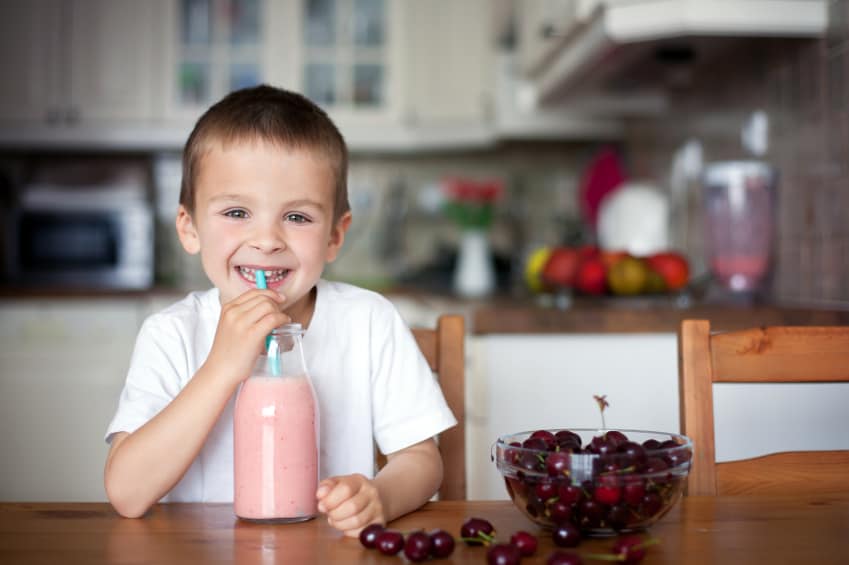
2. Eggs:
Eggs are one of the most versatile and nutritious foods that exist. Eggs are are great source of protein, which can help to keep your child fuller longer, sustaining their energy levels and allowing them to focus and concentrate for longer periods of time. They are also rich in Vitamin A and D and contain lutein and zeaxanthin, which both promote healthy vision. Make sure that your child eats the entire egg, not just the white, as most of the nutrition is found in the yolk. Serve eggs for breakfast in the form of an omelette, French toast or just good old eggs on toast!
My favourite egg recipes for at home and on the go!
Easy Egg and Banana Mini Muffins
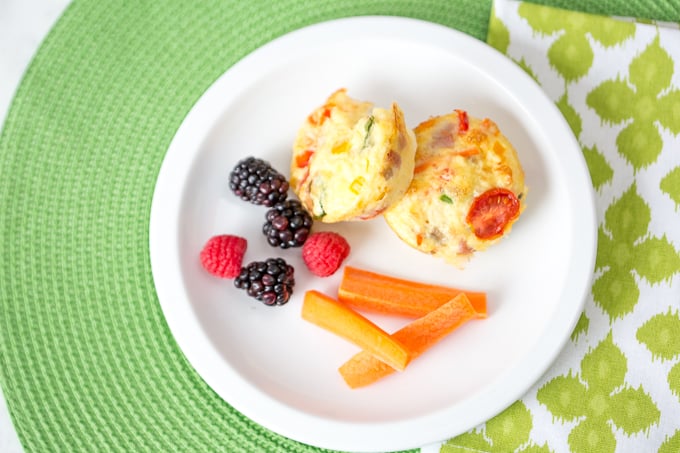
3. Oats:
I’m a huge fan of oatmeal for breakfast (or any meal for that matter). Oats are high in soluble fibre, which is a type of fibre that keeps your child fuller longer. They are also a source of B Vitamins, Vitamin E, Potassium and Zinc which help their bodies and brains function well. Contrary to sugary breakfast cereal, oatmeal doesn’t spike (or crash) your child’s blood sugar, but instead gives them a steady dose of energy all morning, especially when it is paired with protein (milk, yogurt and/or nuts and seeds). Choose either large-flake or steel cut oats, cook with milk in the microwave or on the stove and add your child’s favourite nuts, seeds and fruit. Here are some oatmeal recipes that your kids will love.
Favourite recipes using oats:
Lunchbox On-the-Go Granola Bars
No Bake Coconut Almond Energy Bites
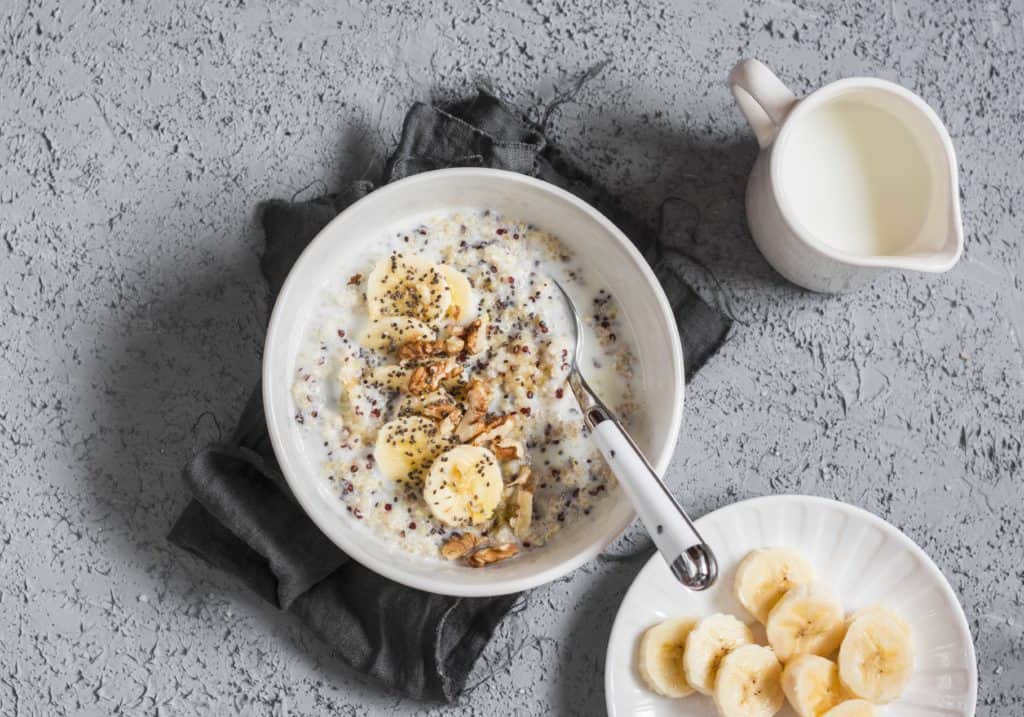
4. Pulses: Beans, lentils and peas:
Beans and lentils boast both carbohydrates (for energy) and protein (for satiety and sustained energy). They are a very economical and easy way to boost your child’s health and brain power. High in protein and fibre, beans and lentils help to stabilize your child’s blood sugar levels and sustain their focus and concentration throughout the day. Surprise your child with an yummy breakfast burrito (spread refried beans on a tortilla and top with eggs, cheese and salsa before wrapping it up) or pack some hummus in their lunch as a dip for veggies or pita wedges. Beans are also a great vegetarian addition to soups, salads and pasta dishes.
My go-to recipes using pulses:
Vegan Kid-Friendly Lentil Nuggets
Sweet and Salty Lentil Granola Bars
Flourless Chocolate Lentil Protein Muffins
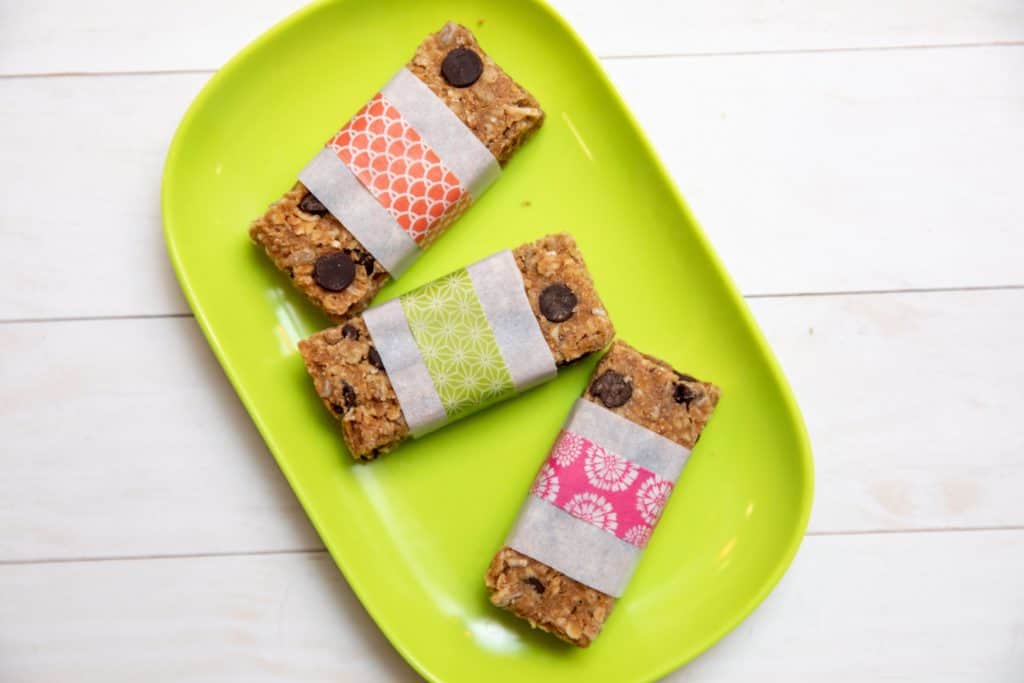
5. Chia seeds:
Chia seeds originated in Central America, where they were a staple in the Aztec diet. Chia seeds have recently gained attention as an excellent source of omega-3 fatty acid (which is an important essential fatty acid that helps with heart, brain and vision health. They are also an excellent source of fiber at 10 grams per ounce (about 2 tablespoons), and contain protein and minerals such as iron, calcium, magnesium and zinc. The omega 3’s in chia seeds can help to boost your child’s brain power as they help to maintain memory, focus and concentration as well as mood (they help to stabilize blood sugar levels).
Here are three easy, kid-friendly (and delicious!) recipes that feature chia seeds:
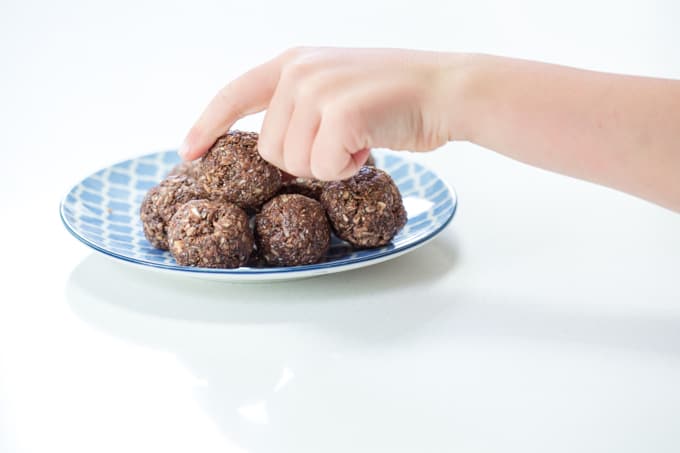
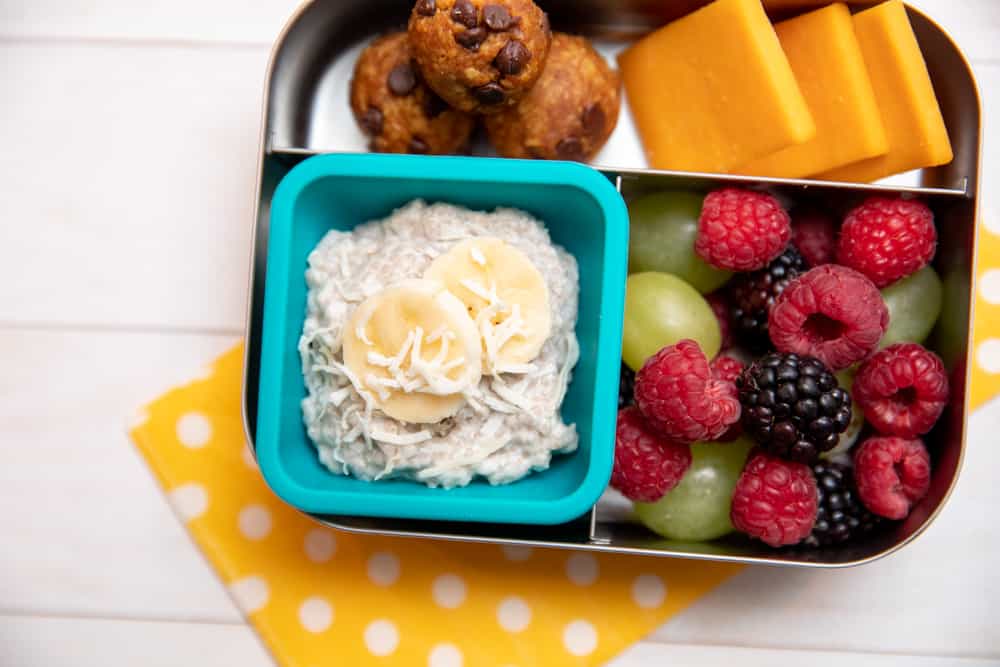
Chocolate Zucchini Flourless Muffins
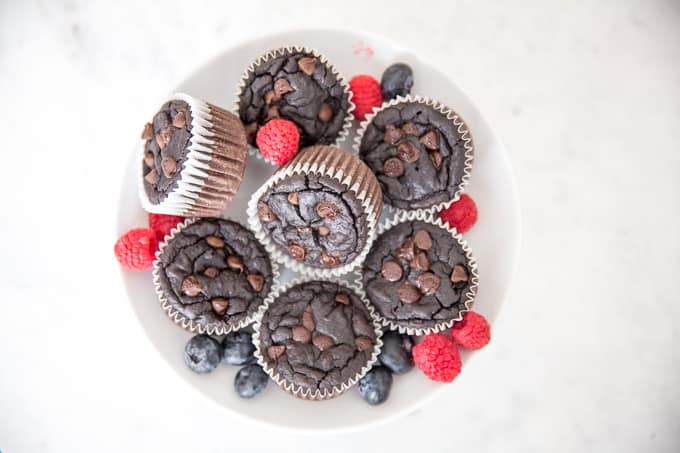
If you enjoyed this post, visit my Facebook page where I post free nutrition tips, recipes and advice for parents and their kids!
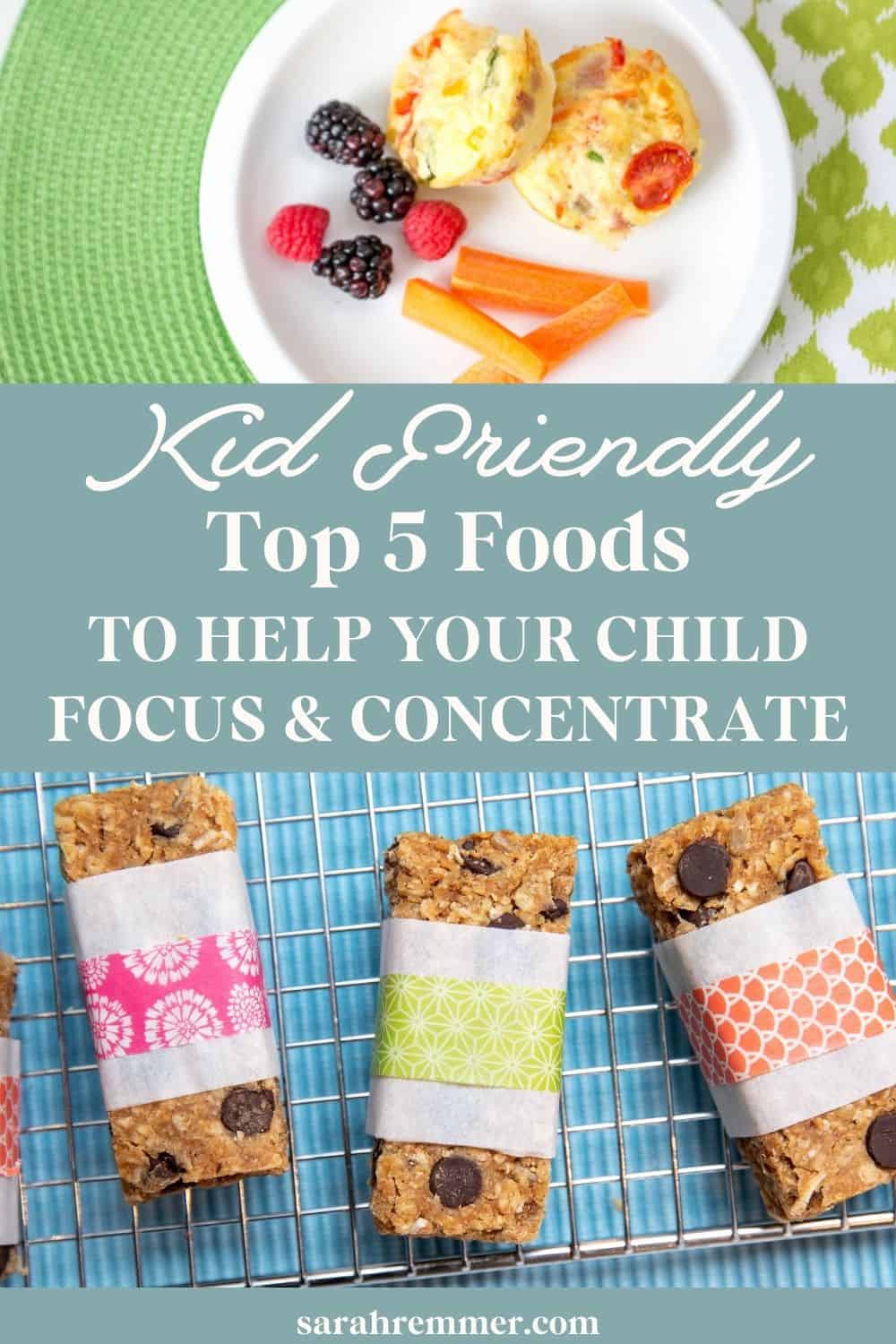



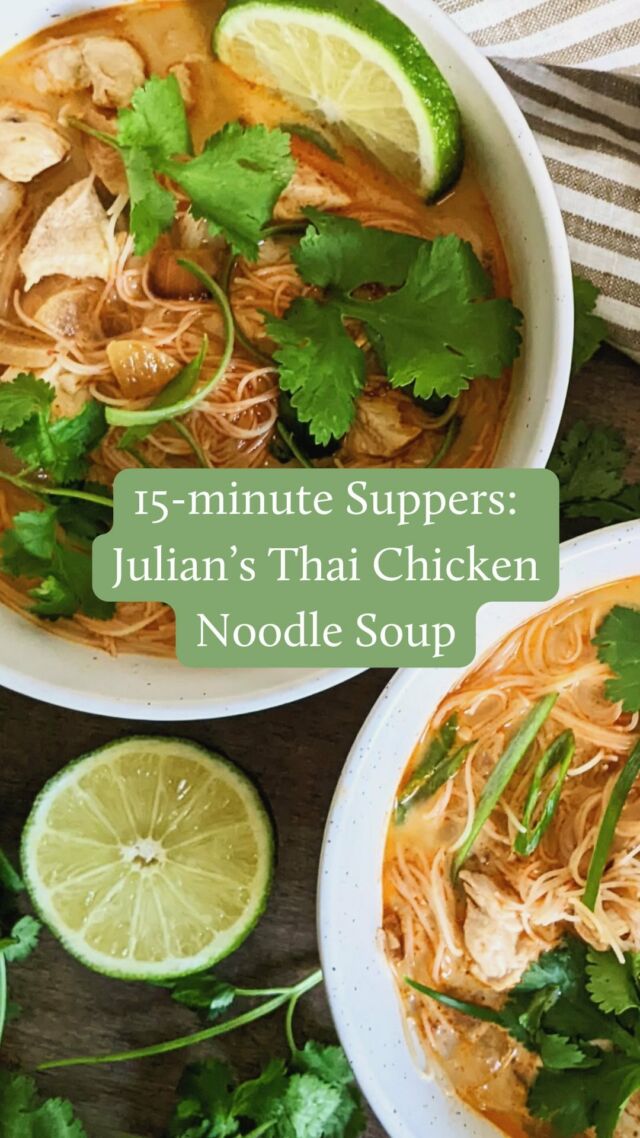
![[AD] It’s Day 6 of my 15-Minute Supper Series and today we’re putting a delicious twist on a classic BLT to make it nourishing and meal-worthy 🤤
Make sure to comment “Spud” and I’ll send you my top dietitian tips for feeding your family on busy weeknights along with a huge list of meal ideas!
This pasta salad takes no time at all to throw together and has everything you need for a nourishing meal. I always make extra bacon for things like this, but if you don’t have any cooked bacon I find cooking it in the airfryer or stovetop the quickest 🥓
I find that this salad lasts 2-3 days in the fridge without getting too soggy. You can also add in fresh lettuce to crisp it up or add the dressing when you eat it.
I ordered all of my groceries from @spuddelivers, which always saves me time and effort and gives me peace of mind knowing that I’m using high-quality, local and sustainable ingredients. I love that they come straight to my door the day after ordering 🙌🏻
Let’s make it!
Ingredients:
* 10 slices bacon cooked and diced
* 12 ounces pasta cooked and cooled
* 1 cup homemade Ranch dressing
* 1 ½ cup baby tomatoes diced
* ½ avocado diced
* feta
* ⅓ cup red onion diced
* 1 cup romaine lettuce
* fresh parsley for garnish optional
Homemade ranch dressing:
* ¾ cup mayonnaise
* ½ cup sour cream or Greek yogurt
* ½ teaspoon dried chives
* ½ teaspoon dried parsley
* ½ teaspoon dried dill weed
* ¼ teaspoon garlic powder
* ¼ teaspoon onion powder
* Salt and pepper to taste
Make it:
1. Blend all Ranch dressing ingredients together in a small blender (or whisk by hand) and set aside.
2. In a large bowl assemble the pasta, tomatoes, avocado, cheese, red onion, lettuce and bacon.
3. Pour the dressing over and toss to combine.
4. Garnish with parsley and serve.
You are going to LOVE this meal-worthy salad, I promise!
Comment SPUD to receive my top dietitian-approved tips for feeding your family during the week, a long list of ideas, and a curated shopping list with all of the ingredients for this recipe + all of the other ideas that I share in this resource!
#sponsored #spuddelivers #15minutemeals #whatsfordinner #easymealideas #dietitianapproved](https://www.sarahremmer.com/wp-content/uploads/sb-instagram-feed-images/438745920_798281295514125_2547899647147267180_nfull.jpg)

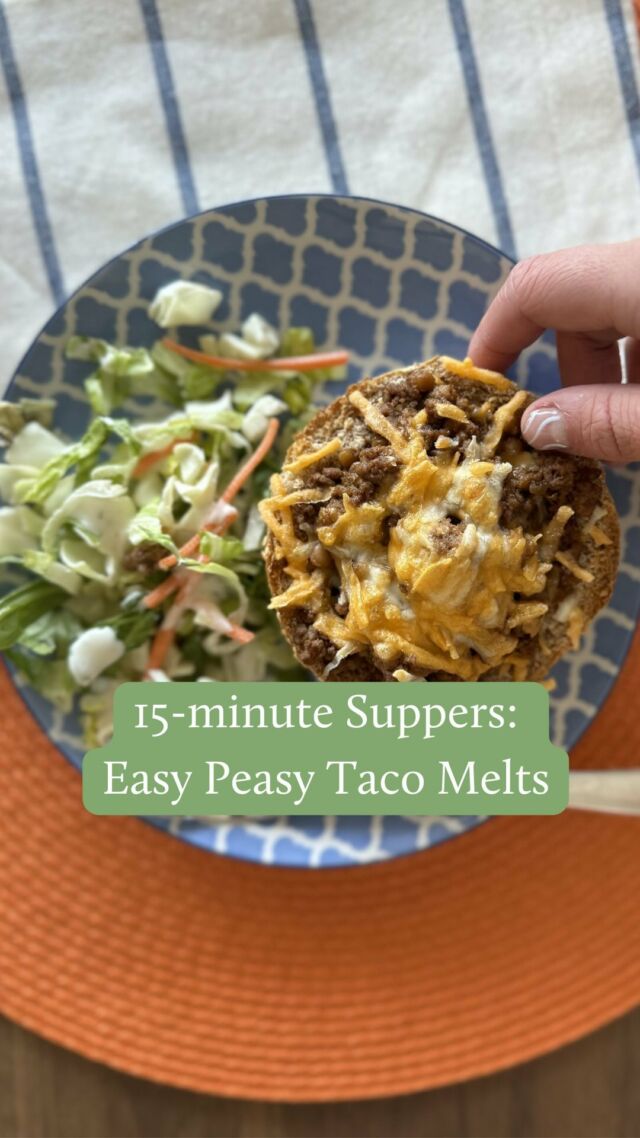

Comments
Deepali Shirodkar says
Your all information help the parents to know the difficulties of their child and improve them from time to time as required.
Sarah Remmer says
I am so happy to hear that. Thank you, Deepali!